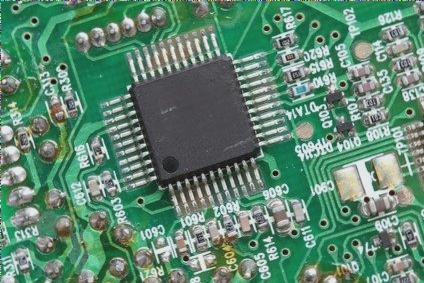Common Causes of Copper Foil Over-Etching in PCB Fabrication
- Changes in specifications without adjusting etching parameters can cause over-etching of copper foil, leading to corrosion and separation of the circuit backing zinc layer.
- Poor drying after etching may result in excessive undercutting and dumping of copper, exacerbating the over-etching issue.
- Local collisions during the PCB fabrication process can cause external mechanical force to separate the copper wire from the base material.
- Unreasonable circuit design with thick but too thin copper foil can result in excessive etching and rejection of copper.
Latest Updates:
In recent studies, researchers have found that implementing advanced etching techniques can significantly reduce the occurrence of copper foil over-etching in PCB fabrication. By fine-tuning etching parameters and ensuring proper drying procedures, manufacturers can enhance the quality and reliability of PCBs.
Furthermore, industry experts recommend utilizing high-quality copper foil materials with optimal thickness to mitigate the risks of over-etching and improve overall circuit performance.
For more information on PCB fabrication processes and best practices, visit Well Circuits.

